Luxury and Sustainability in Middle East Travel: ATM 2023 Prepares for High-End Trends
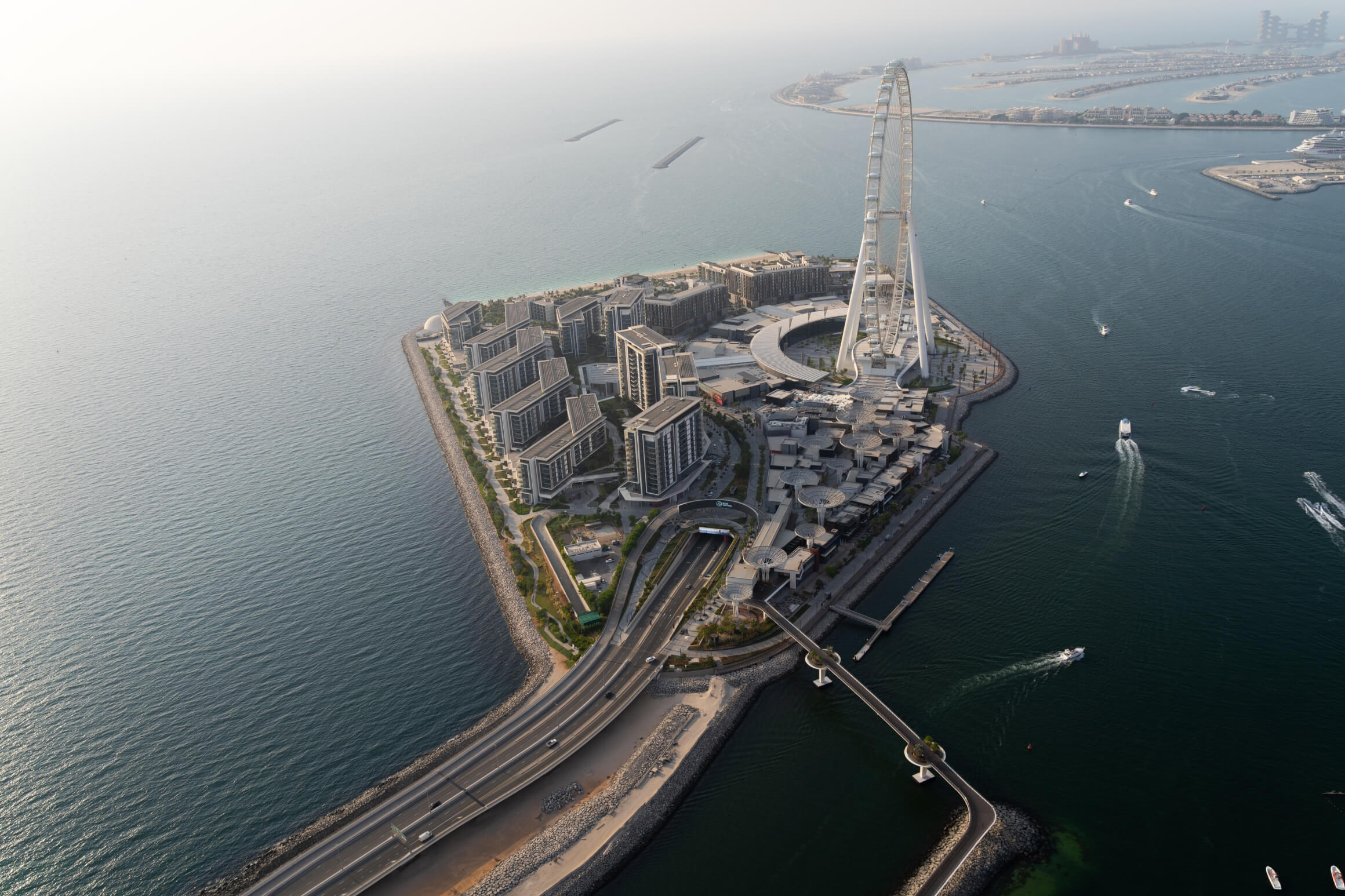
Dubai, photo by Oel Ambass
The luxury travel industry in the Middle East is transforming as more consumers place a premium on sustainable and authentic travel experiences. According to a recent survey by YouGov, 61% of UAE residents are willing to pay more for eco-friendly and responsible tourism experiences. These trends will be a focus of the upcoming Arabian Travel Market (ATM) 2023, which will take place from May 1-4 at the Dubai World Trade Centre.
The survey also found that sustainable luxury hotel stays have increased by 50% among high-income travellers in the past three years. Meanwhile, 58% of respondents in the UAE reported that travel has become more important to them since the Covid-19 pandemic, with 25% seeking great entertainment and 19% prioritizing premium-quality accommodation when booking trips.
Danielle Curtis, Exhibition Director ME at Arabian Travel Market, said that the Middle East is known for delivering bespoke and memorable luxury tourism experiences that are also environmentally responsible. This focus on sustainability is especially pertinent given ATM 2023’s ‘Working Towards Net Zero’ theme.’
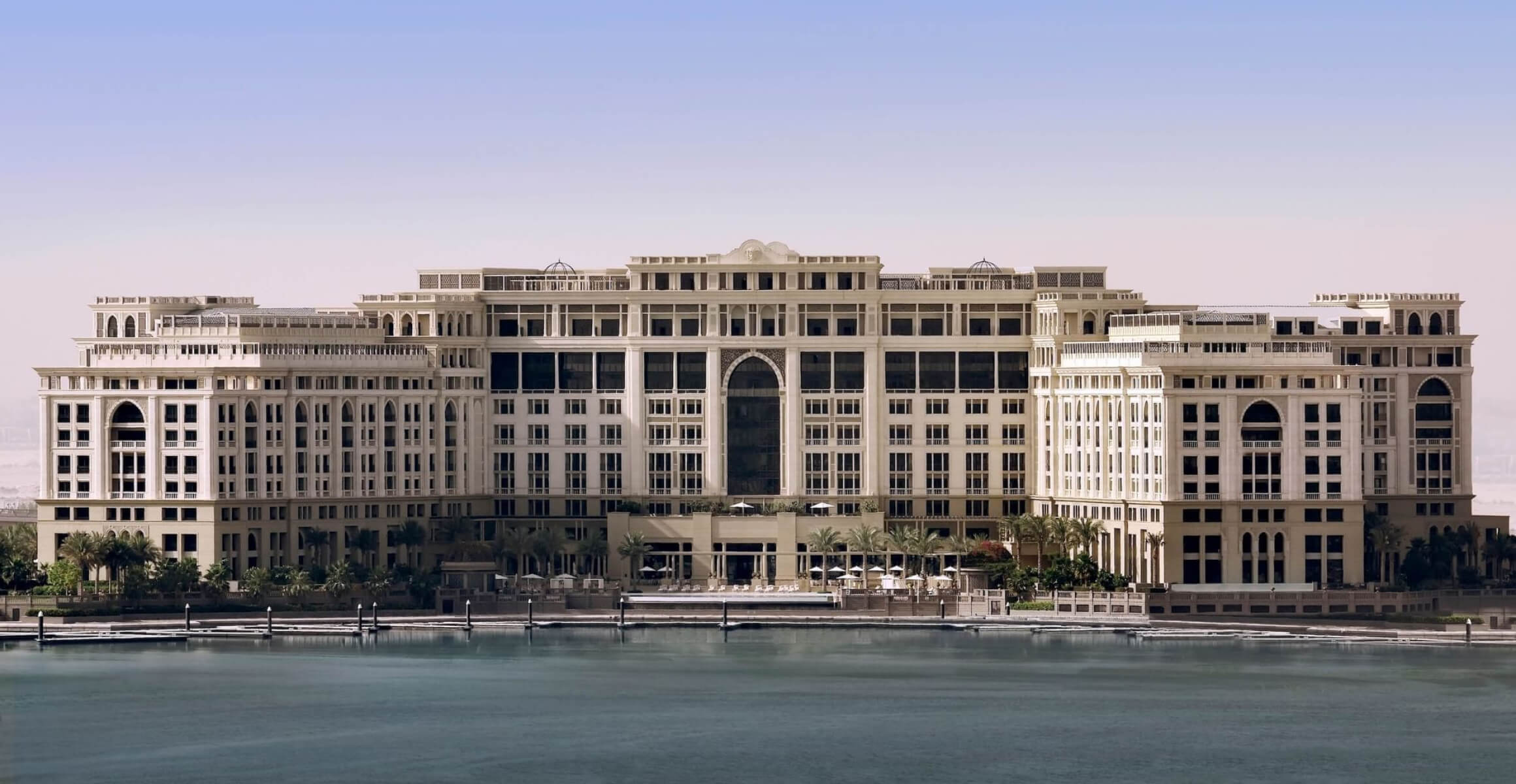
Palazzo Versace Dubai
In addition to sustainable luxury travel, consumers seek more authentic excursions. Over half of the affluent tourists have sought more meaningful travel experiences since the pandemic, with 27% willing to pay extra for secluded villas and chalets. The Gulf’s travel industry is expected to see significant growth in the coming years, with the UAE’s outbound sector projected to reach $30.5 billion by 2028, Saudi Arabia to hit $27 billion, Kuwait to grow to $17 billion, and Qatar likely to exceed $13 billion.
ATM 2023 will feature various exclusive brands from the Middle East’s luxury hospitality segment, including Atlantis The Palm and Atlantis The Royal, Burj Al Arab, Caesars Palace Dubai, and Emaar Hospitality Group. The event will also include the return of the International Luxury Travel Market (ILTM) Arabia, a luxury-focused event dedicated to high-end destinations, premium accommodations, and bespoke tourism experiences.
With its focus on sustainability and authentic luxury experiences, ATM 2023 promises to be an exciting event for industry leaders and consumers. The event is in partnership with Dubai World Trade Centre, with support from strategic partners, including Dubai’s Department of Economy and Tourism, Emirates, IHG Hotels & Resorts, and Al Rais Travel.
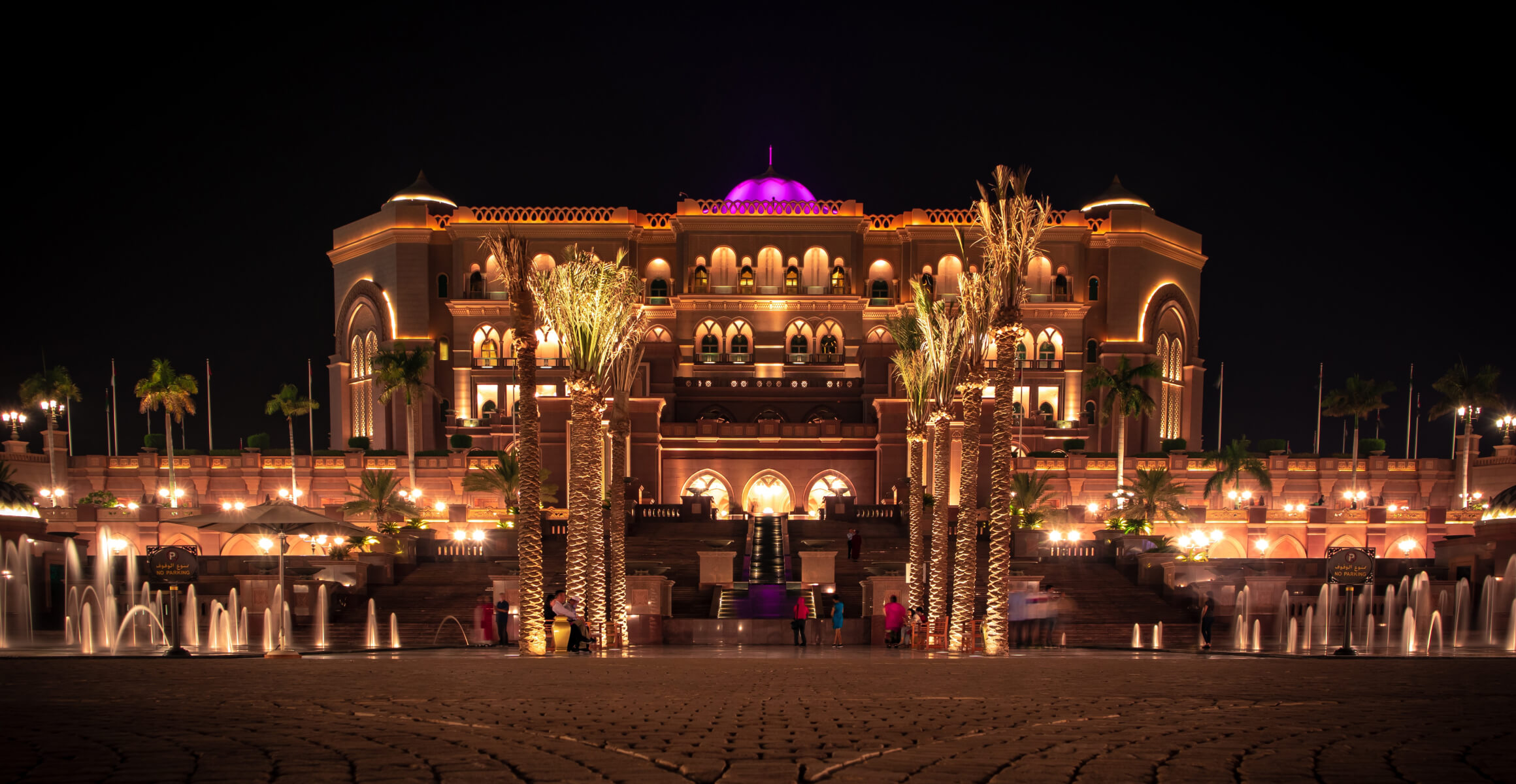
Emirates Palace Hotel, pihoto by Artur Aldyrkhanov
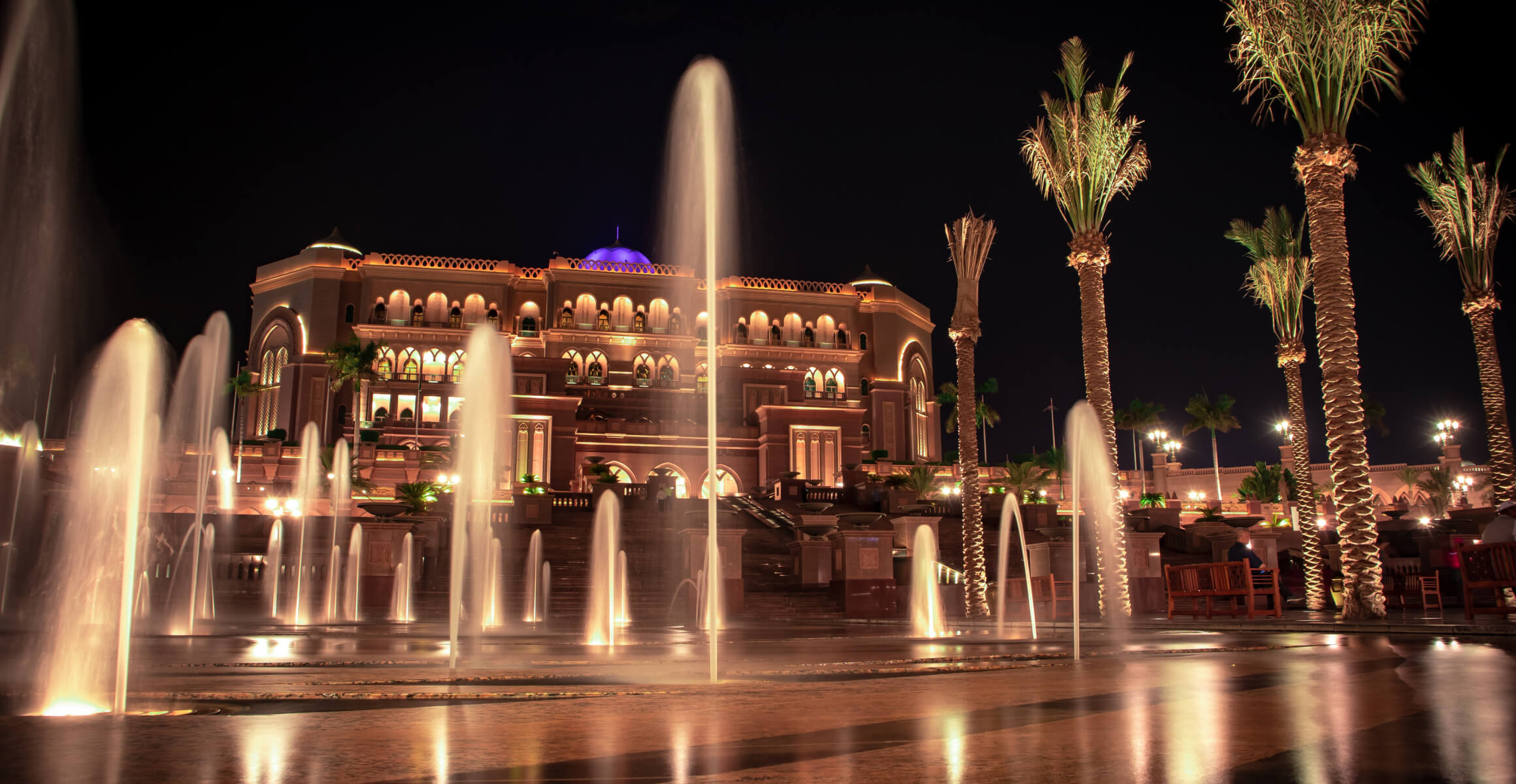
Emirates Palace Hotel, pihoto by Artur Aldyrkhanov
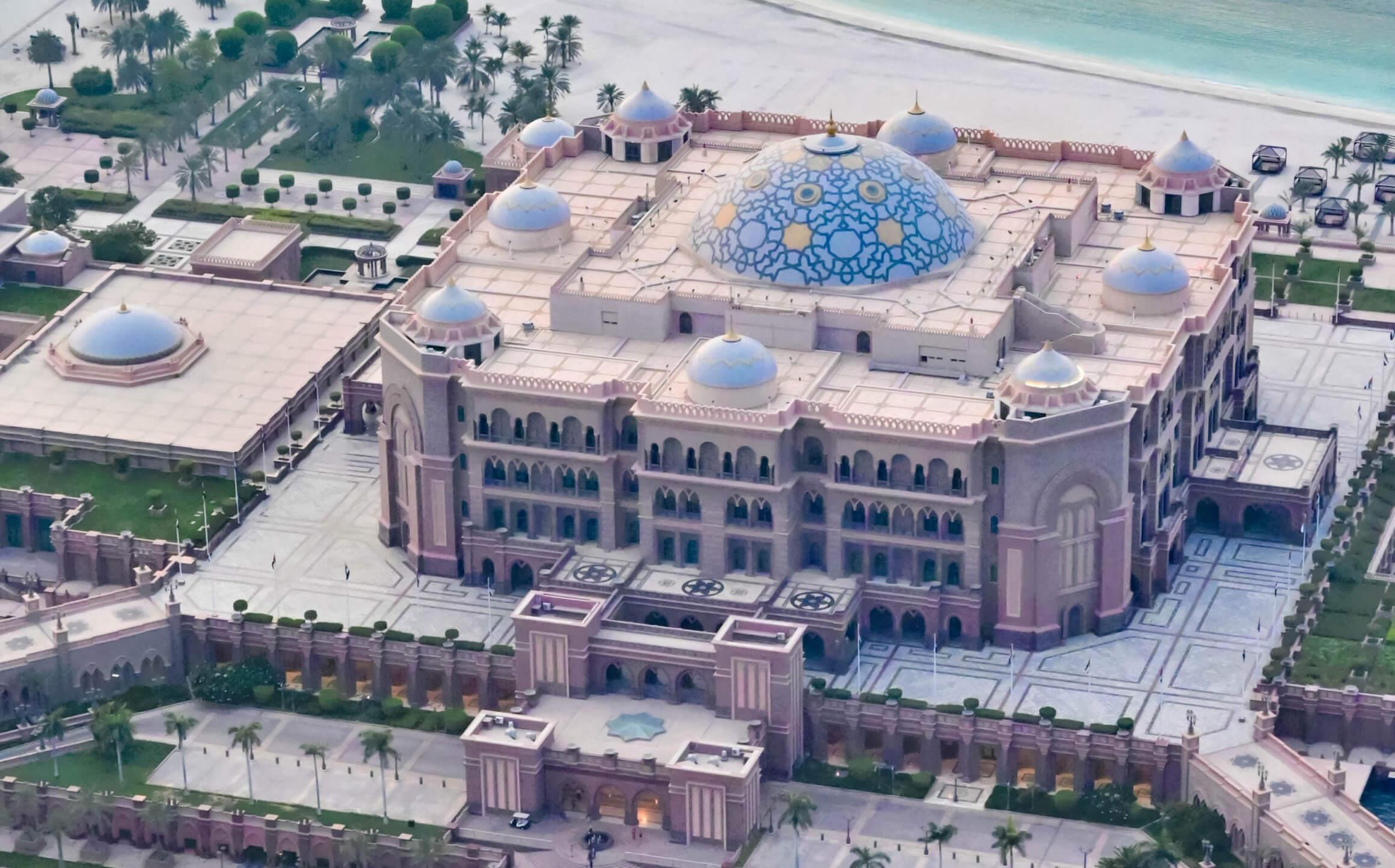
Emirates Palace Hotel, photo by Manish Tulaskar
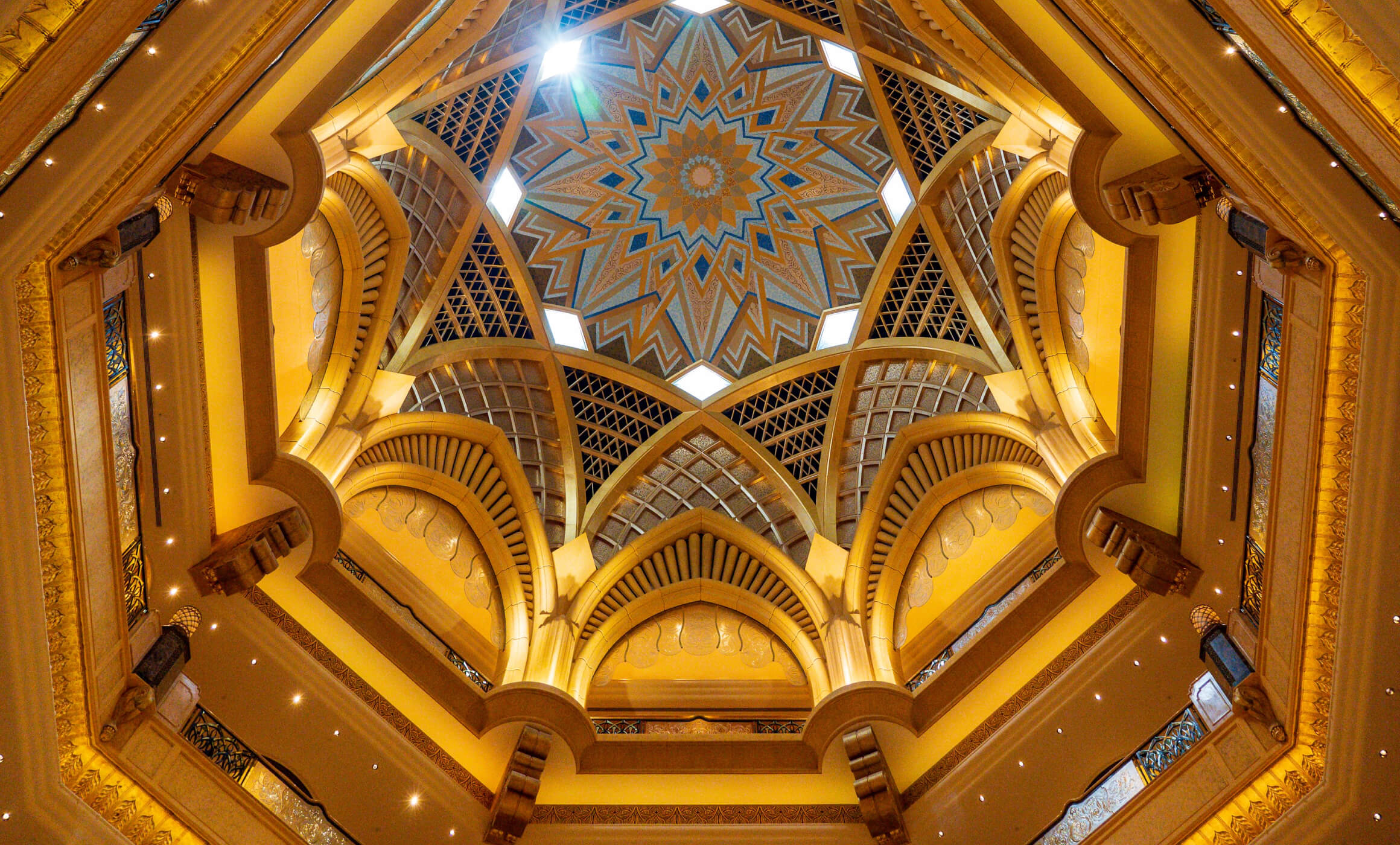
Inside the Emirates Palace Hotel, photo by Nick Fewings
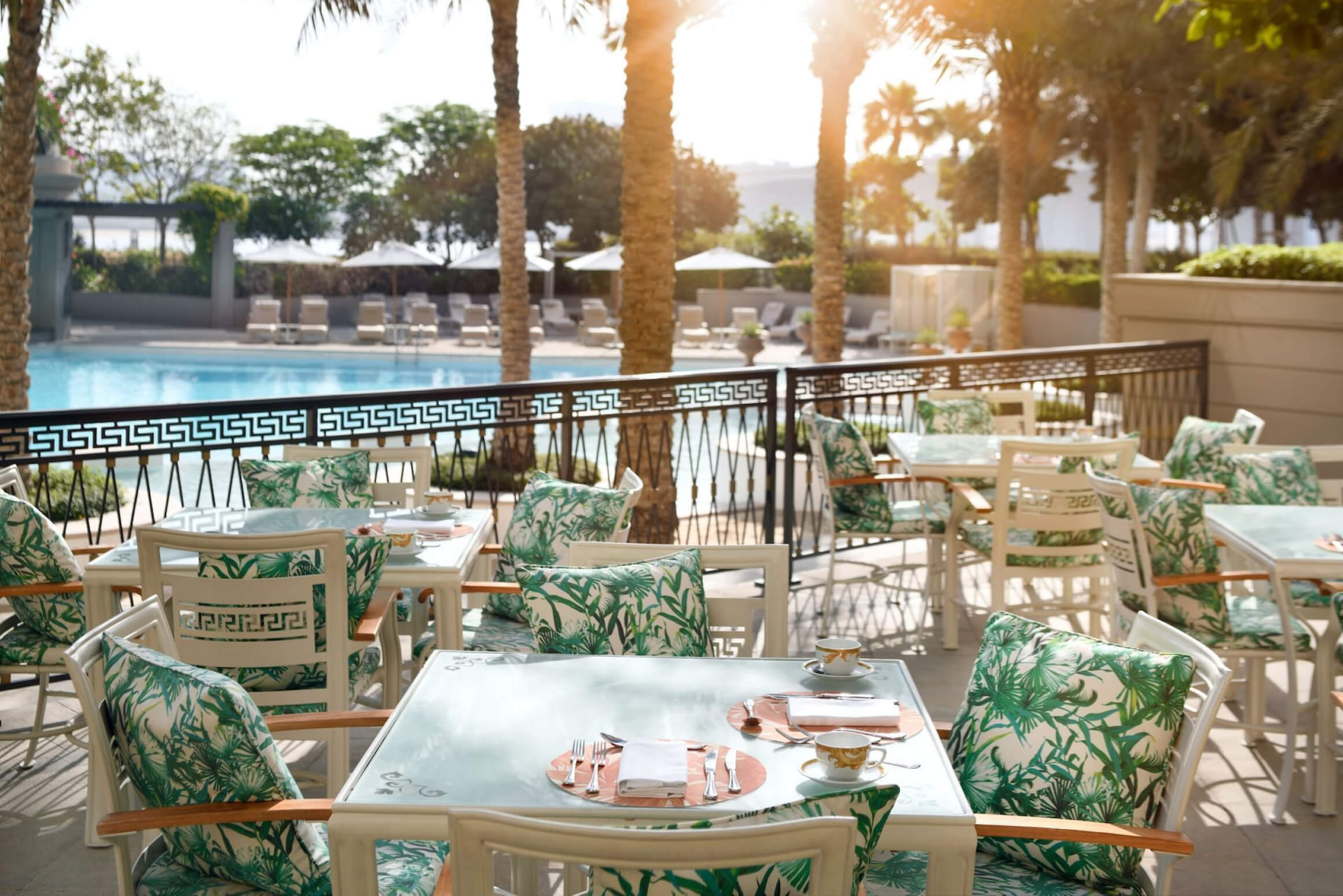
Palazzo Versace Dubai
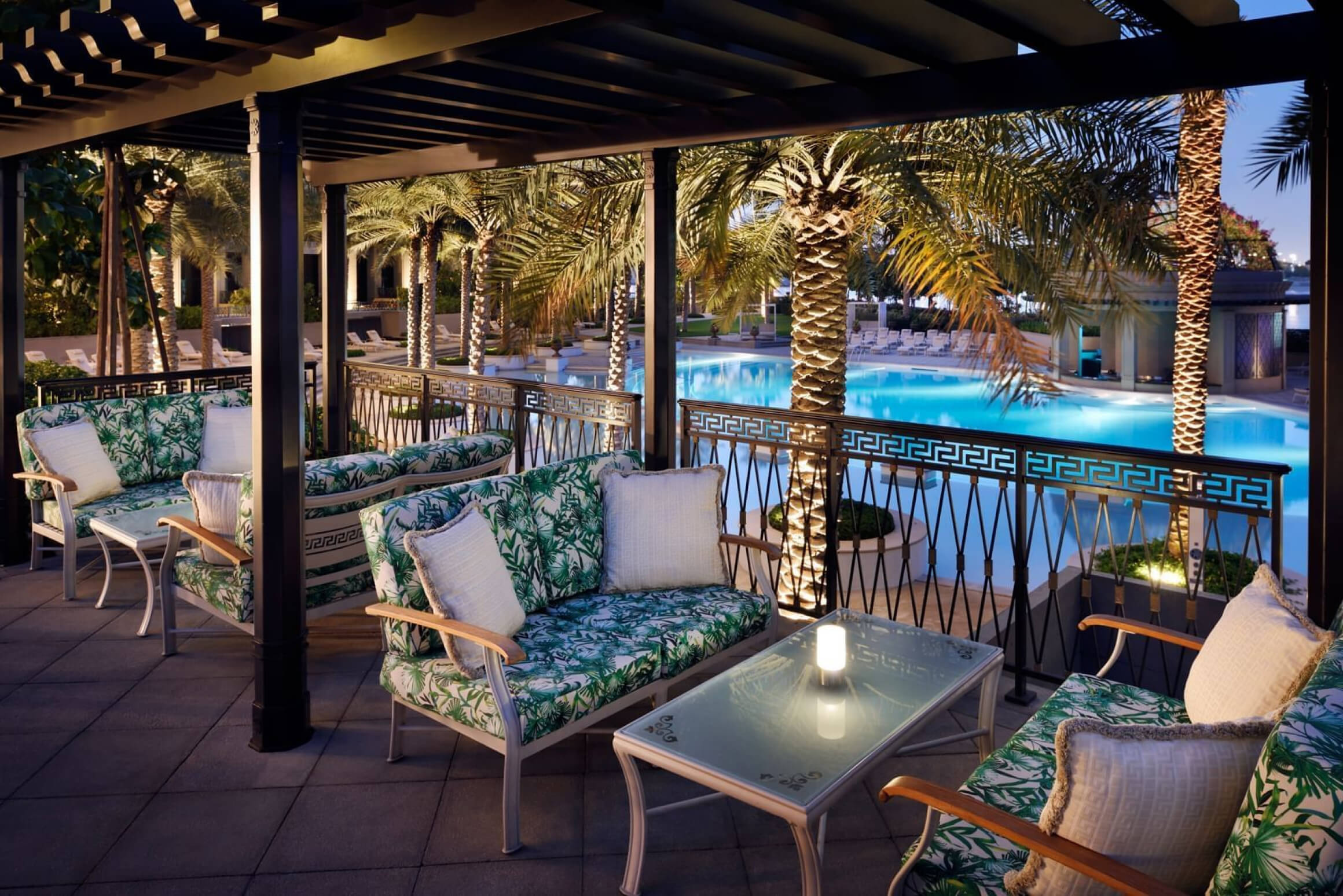
Palazzo Versace Dubai
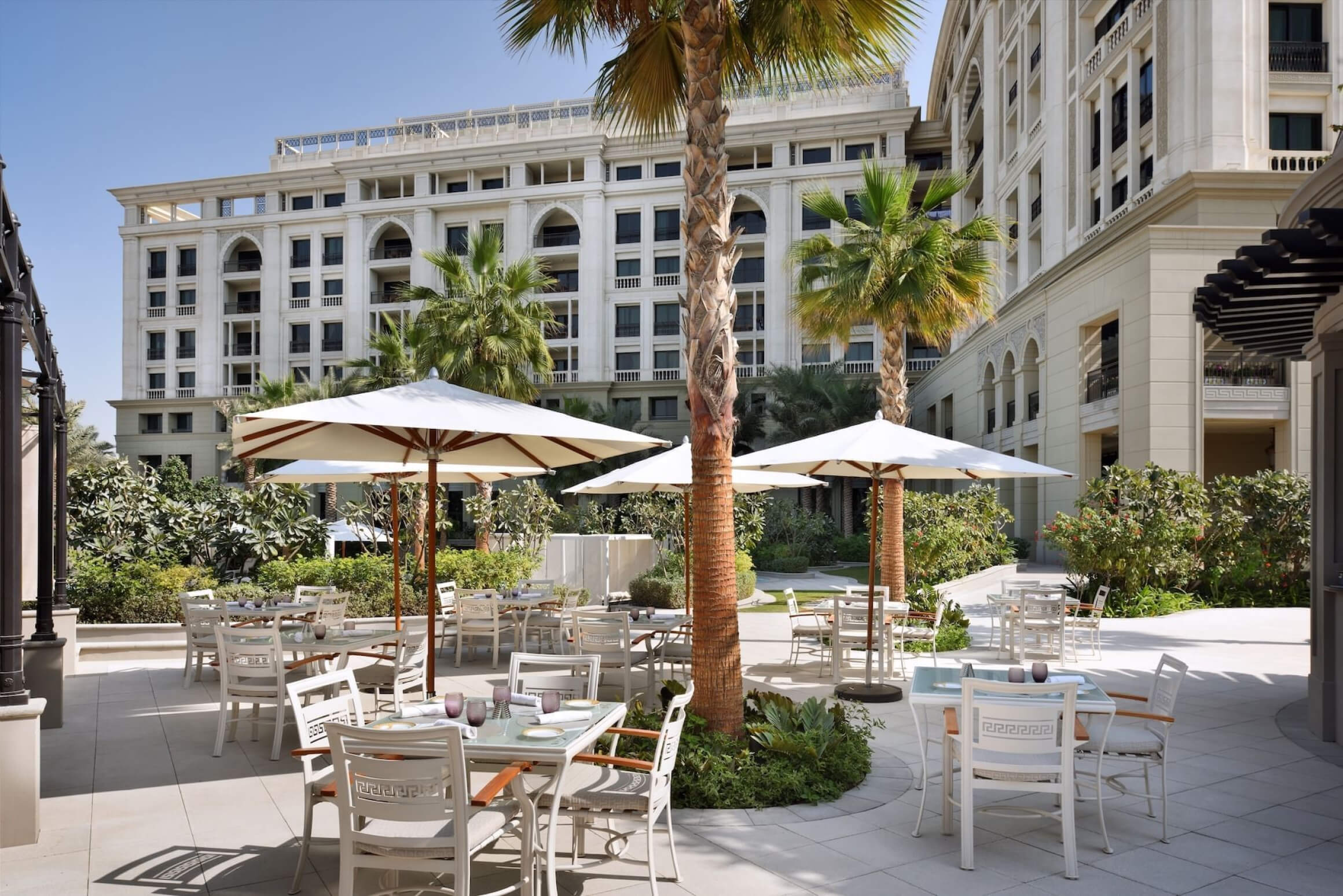
Palazzo Versace Dubai
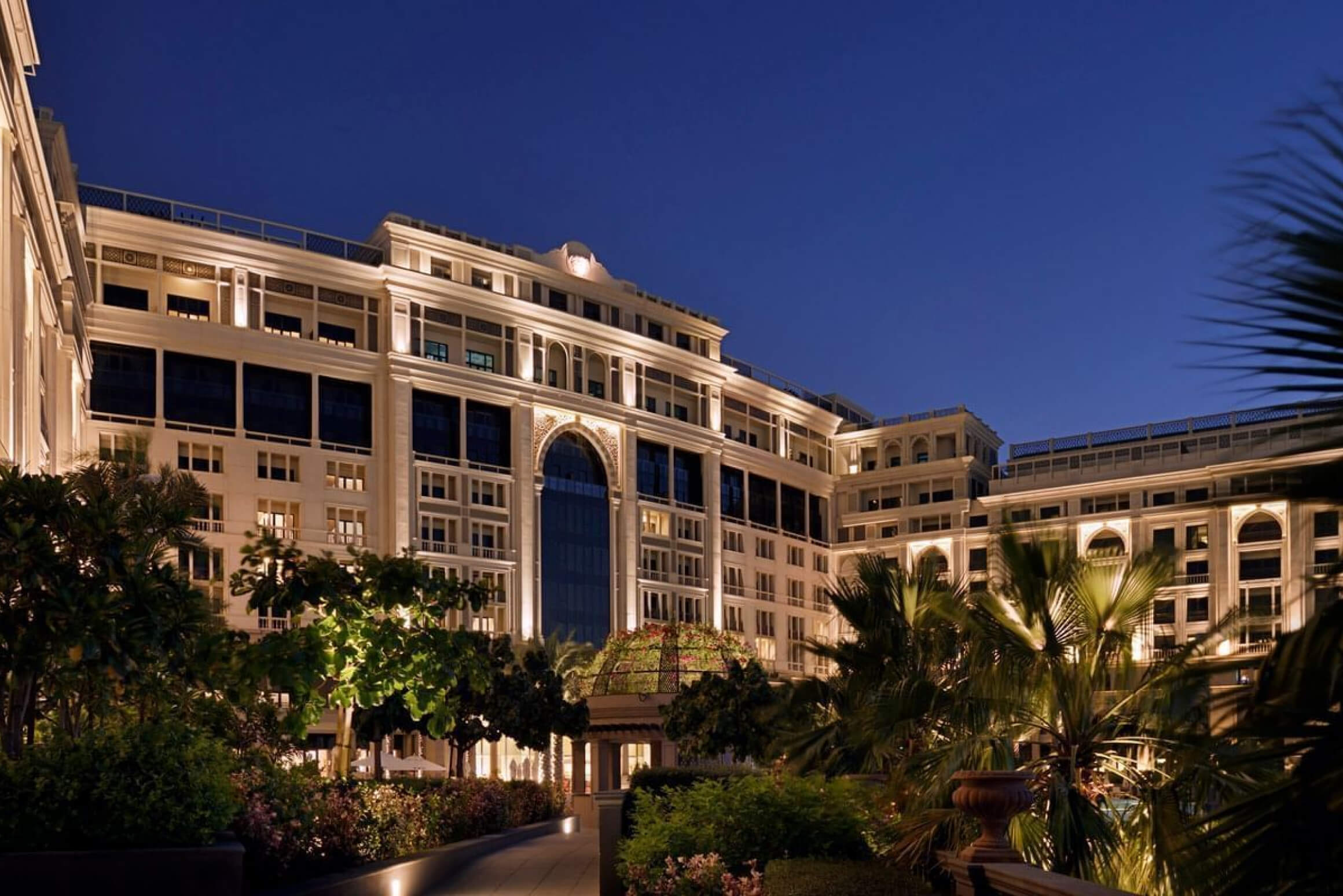
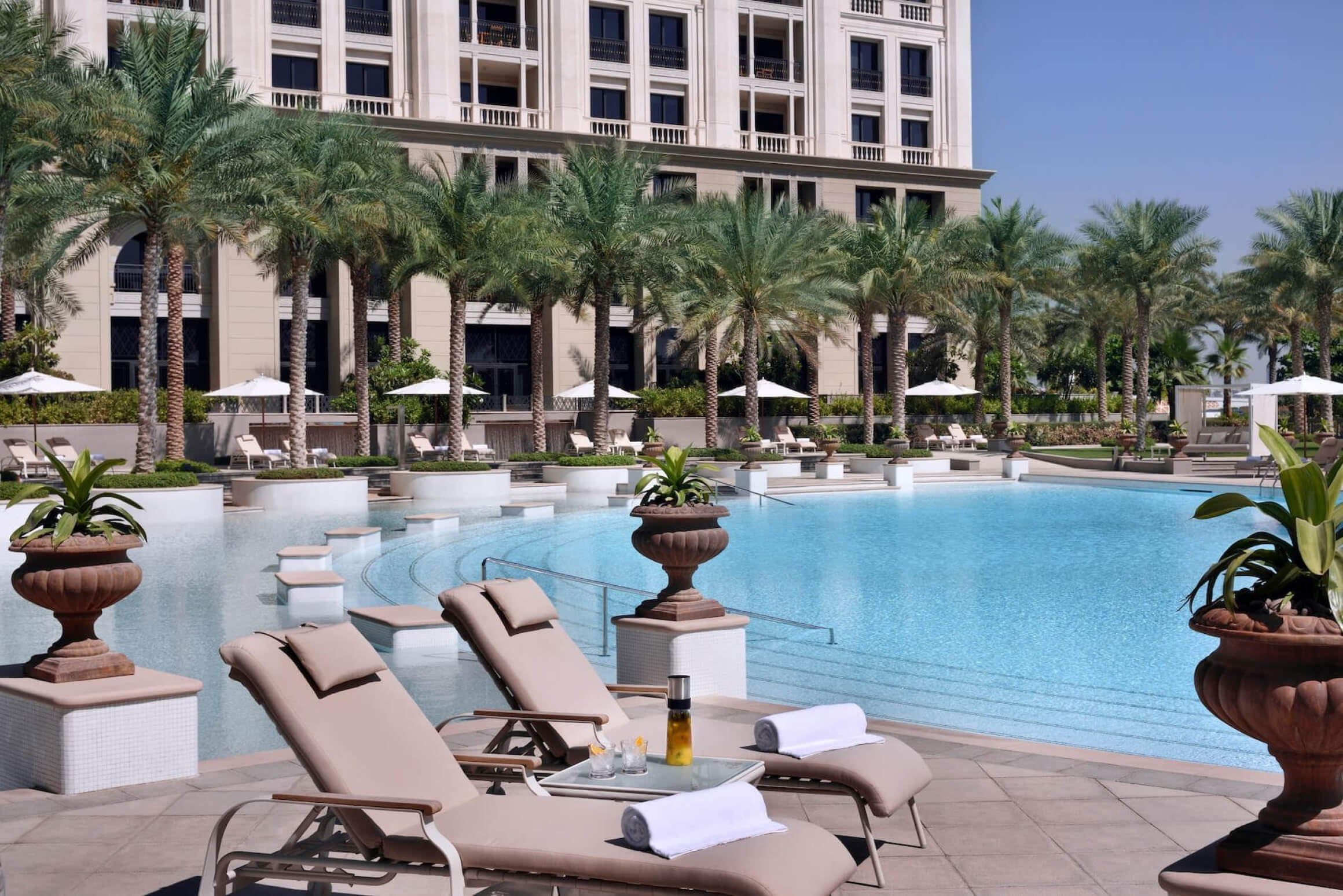
Palazzo Versace Dubai
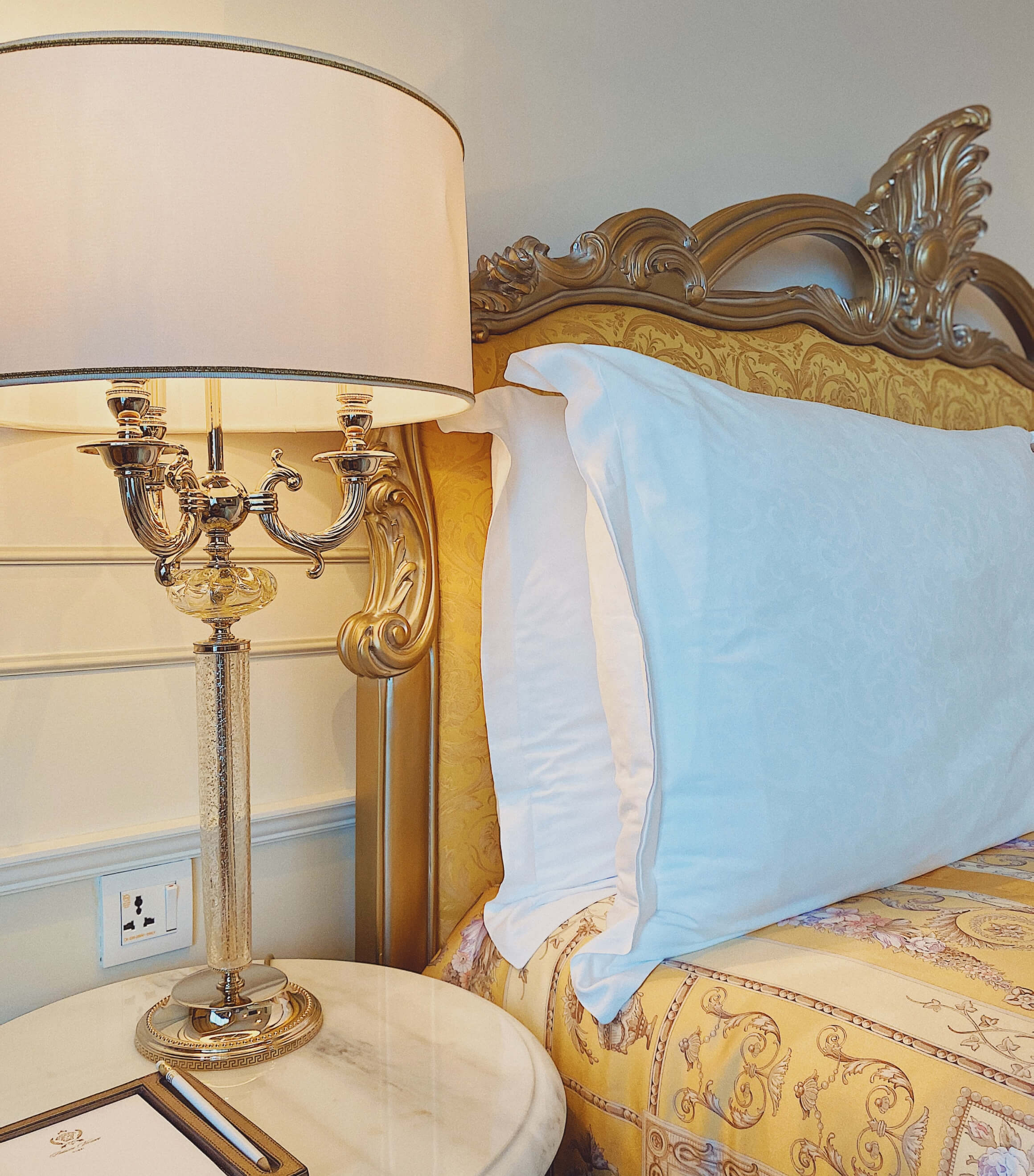
Luxury Hotel, photo by Yuliya Pankevich

